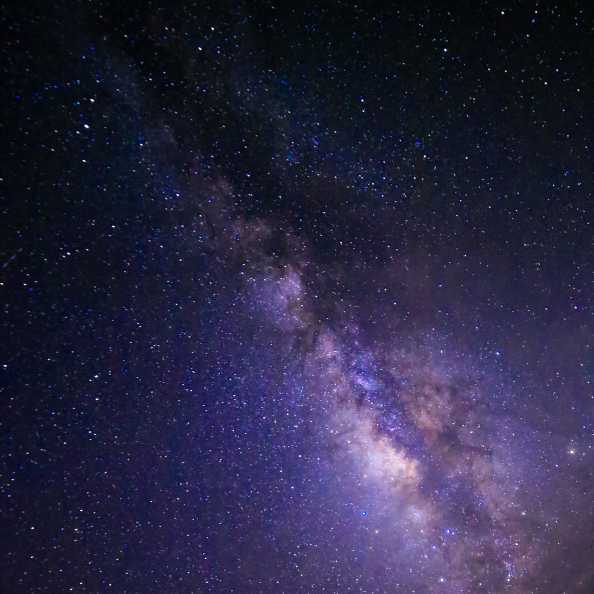
Photo source: Thinkstock
London
The planet Uranus has clouds made up of hydrogen sulphide, the gas that gives rotten eggs their unpleasant smell, a study has found.
This discovery is significant as it may help scientists and astronomers understand how the early solar system was formed and how it evolved over time, researchers said.
Based on sensitive spectroscopic observations with the Gemini North telescope, scientists, including those from the University of Leicester in the UK, have uncovered the noxious gas swirling high above the giant planet's cloud tops.
This result, published in the journal Nature Astronomy, resolves a stubborn, long-standing mystery of one of our neighbours in space, researchers said.
Even after decades of observations, and a visit by the Voyager 2 spacecraft, Uranus has held on to one critical secret—the composition of its clouds.
Patrick Irwin from the University of Oxford, UK and colleagues spectroscopically dissected the infrared light from Uranus captured by the 8-metre Gemini North telescope on Hawaii's Maunakea.
They found hydrogen sulphide, the odiferous gas that most people avoid, in Uranus's cloud tops.
Scientists have long debated the composition of Uranus's clouds and whether hydrogen sulphide or ammonia dominate the cloud deck, but have lacked definitive evidence either way.
“Now, thanks to improved hydrogen sulphide absorption-line data and the wonderful Gemini spectra, we have the fingerprint which caught the culprit,” said Leigh Fletcher from the University of Leicester.
The spectroscopic absorption lines (where the gas absorbs some of the infrared light from reflected sunlight) are especially weak and challenging to detect, according to Irwin.
The detection of hydrogen sulphide high in Uranus's cloud deck (and presumably Neptune's) contrasts sharply with those of the inner gas giant planets, Jupiter and Saturn, where no hydrogen sulphide is seen above the clouds, but instead ammonia is observed.
The bulk of Jupiter and Saturn's upper clouds are comprised of ammonia ice, but it seems this is not the case for Uranus.
These differences in atmospheric composition shed light on questions about the planets' formation and history.
The differences between the cloud decks on the gas giants (Jupiter and Saturn), and the ice giants (Uranus and Neptune), were likely imprinted way back during the birth of these worlds, said Fletcher.
“During our solar system's formation the balance between nitrogen and sulphur (and hence ammonia and Uranus's newly-detected hydrogen sulphide) was determined by the temperature and location of planet's formation,” he said. PTI



























